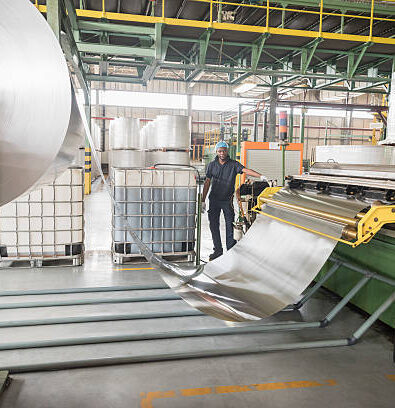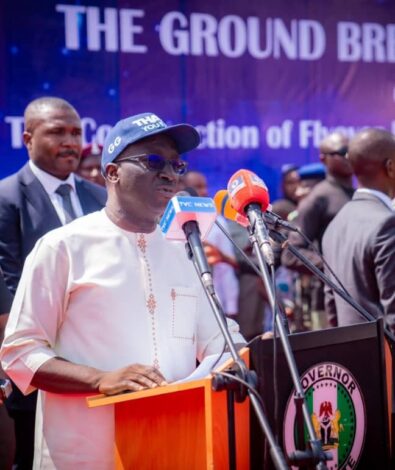Lifting of refined petroleum from Dangote Refinery expected to cut transport costs, curb inflation – CBN

The Central Bank of Nigeria (CBN) has projected that the lifting of refined petroleum products from the Dangote Refinery will lower transportation costs, curb inflation, and strengthen the country’s foreign reserves.
CBN Governor, Yemi Cardoso, made this statement during a press briefing following the 297th Monetary Policy Committee (MPC) Meeting held at the CBN headquarters in Abuja on Tuesday.
Cardoso explained that the refinery’s local production of refined petroleum products will reduce the demand for foreign exchange, positively impacting Nigeria’s external reserves and overall balance of payments.
“The Committee also expressed optimism that the lifting of refined petroleum products from Dangote refinery will moderate transportation costs and significantly support the easing of food price pressures in the short to medium term.
“This is also expected to moderate foreign exchange demand for importation of refined petroleum products, with a positive spillover on external reserve and improvement in the overall balance of payment position,” Cardoso said.
The CBN Governor further highlighted the positive outlook for Nigeria’s external reserves, noting that the reserves stood at US$39.07 billion as of September 19, 2024, a 17.4% increase from the US$33.28 billion recorded in the same period of 2023. This current reserve level provides 8 months of import cover for goods and services, and 13 months for goods alone.
With the ongoing lifting of refined products from the Dangote Refinery, as projected during the MPC meeting, the Central Bank expects the external reserves to strengthen further in the coming months, contributing to more sustainable foreign exchange management and economic stability.
What you should know
The Dangote Refinery, which commenced the production of Premium Motor Spirit (PMS) in August, has successfully delivered its first consignment of petrol to the Nigerian market. As Nigeria’s first large-scale refinery, it marks a significant departure from decades of reliance on imported fuel, with the facility poised to meet domestic demand and supply fuel for export to neighboring countries.
In the initial phase, the Nigerian National Petroleum Corporation (NNPC) Limited will act as the main buyer, distributing the refinery’s fuel output to various marketers across the country. Aliko Dangote highlighted that the refinery is set to eliminate Nigeria’s dependence on imported fuel in the coming months.
Earlier reports from Nairametrics revealed that the Federal Government plans to supply 12 million barrels of crude oil to the Dangote Refinery in October, under a crude supply agreement that forms part of the Crude Oil for Naira deal between the government and the Dangote Group. This will allow the refinery to process crude into petrol, diesel, and jet fuel for the Nigerian market.
According to Dangote, the supply of crude oil will enable 50-60% of non-operational filling stations in the country to reopen, easing fuel availability.
He also noted that the refinery’s operations will eliminate the need for extensive fuel shipping, significantly reducing distribution costs.
In addition, Devakumar Edwin, Vice President of Oil & Gas at Dangote Industries, recently announced that 75% of the refinery’s local petroleum supply will be transported via sea routes, focusing on key locations such as Warri, Port Harcourt, and Calabar.
Although the refinery can transport up to 83% of its products by road, this shift to sea transportation is aimed at reducing the higher costs associated with road logistics.



